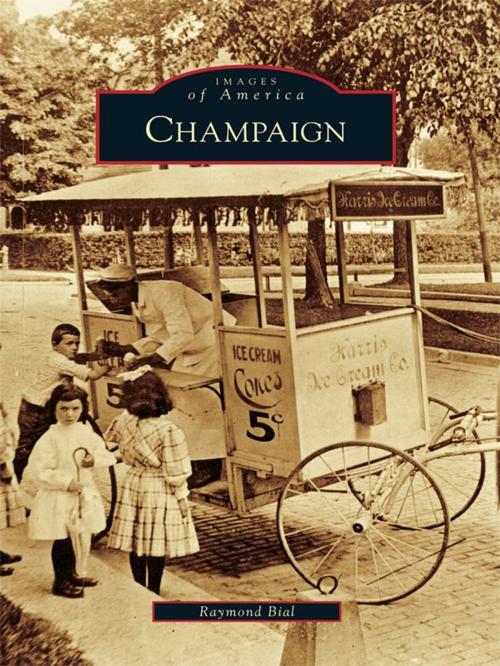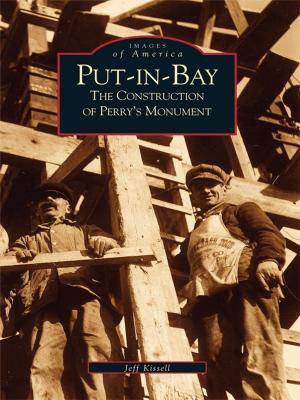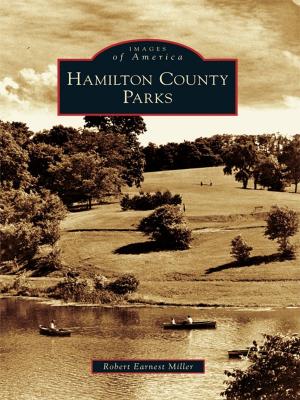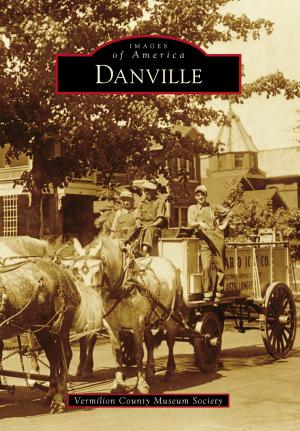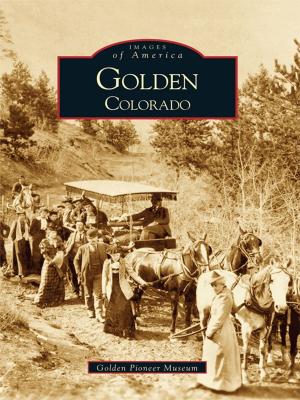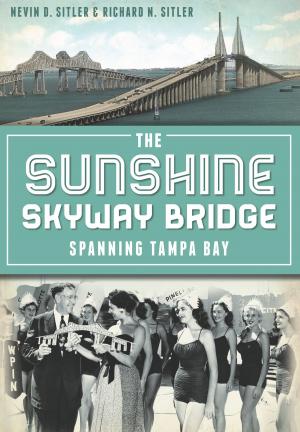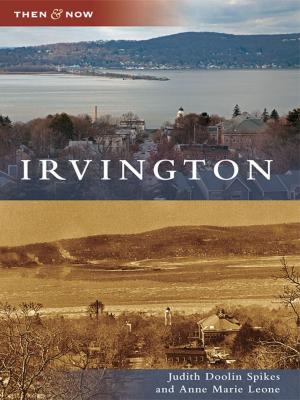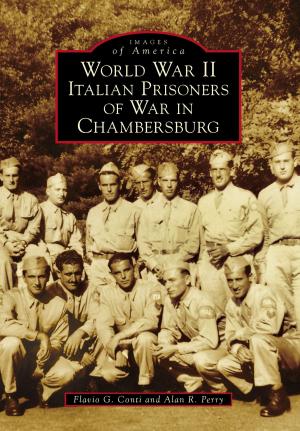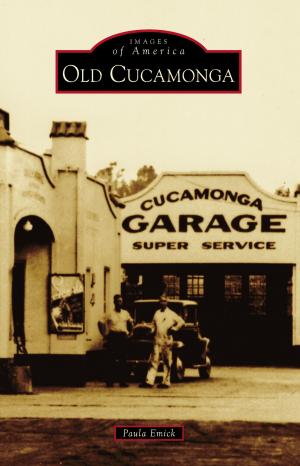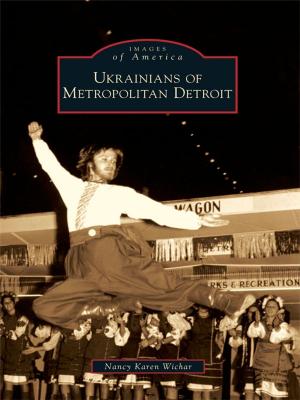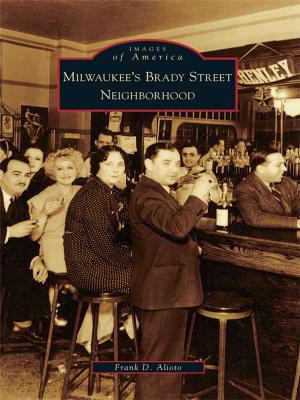| Author: | Raymond Bial | ISBN: | 9781439619094 |
| Publisher: | Arcadia Publishing Inc. | Publication: | April 21, 2008 |
| Imprint: | Arcadia Publishing | Language: | English |
| Author: | Raymond Bial |
| ISBN: | 9781439619094 |
| Publisher: | Arcadia Publishing Inc. |
| Publication: | April 21, 2008 |
| Imprint: | Arcadia Publishing |
| Language: | English |
The low-lying prairie on which Champaign came to be established was once described as �one vast pond where the mud turtle and water moccasin luxuriated, the mosquito wound his bugle, and the frogs gave a rival symphony.� From humble origins as a stop on the Illinois Central Railroad called West Urbana, the cluster of buildings quickly became a bustling town of square storefronts, with horses and wagons hitched along wood-plank sidewalks. Gradually rising above muddy thoroughfares, Champaign grew into a charming city in which trolleys rumbled along brick streets. Elegant homes were built and churches established, along with shops and stores, and municipal services and utilities, not to mention parks, opera houses, and confectioneries.
The low-lying prairie on which Champaign came to be established was once described as �one vast pond where the mud turtle and water moccasin luxuriated, the mosquito wound his bugle, and the frogs gave a rival symphony.� From humble origins as a stop on the Illinois Central Railroad called West Urbana, the cluster of buildings quickly became a bustling town of square storefronts, with horses and wagons hitched along wood-plank sidewalks. Gradually rising above muddy thoroughfares, Champaign grew into a charming city in which trolleys rumbled along brick streets. Elegant homes were built and churches established, along with shops and stores, and municipal services and utilities, not to mention parks, opera houses, and confectioneries.
